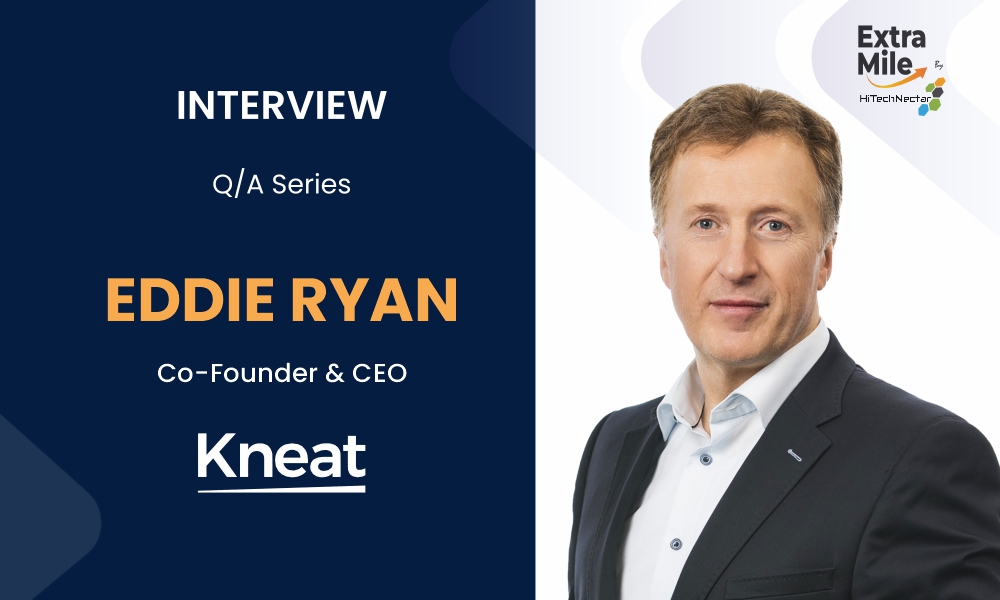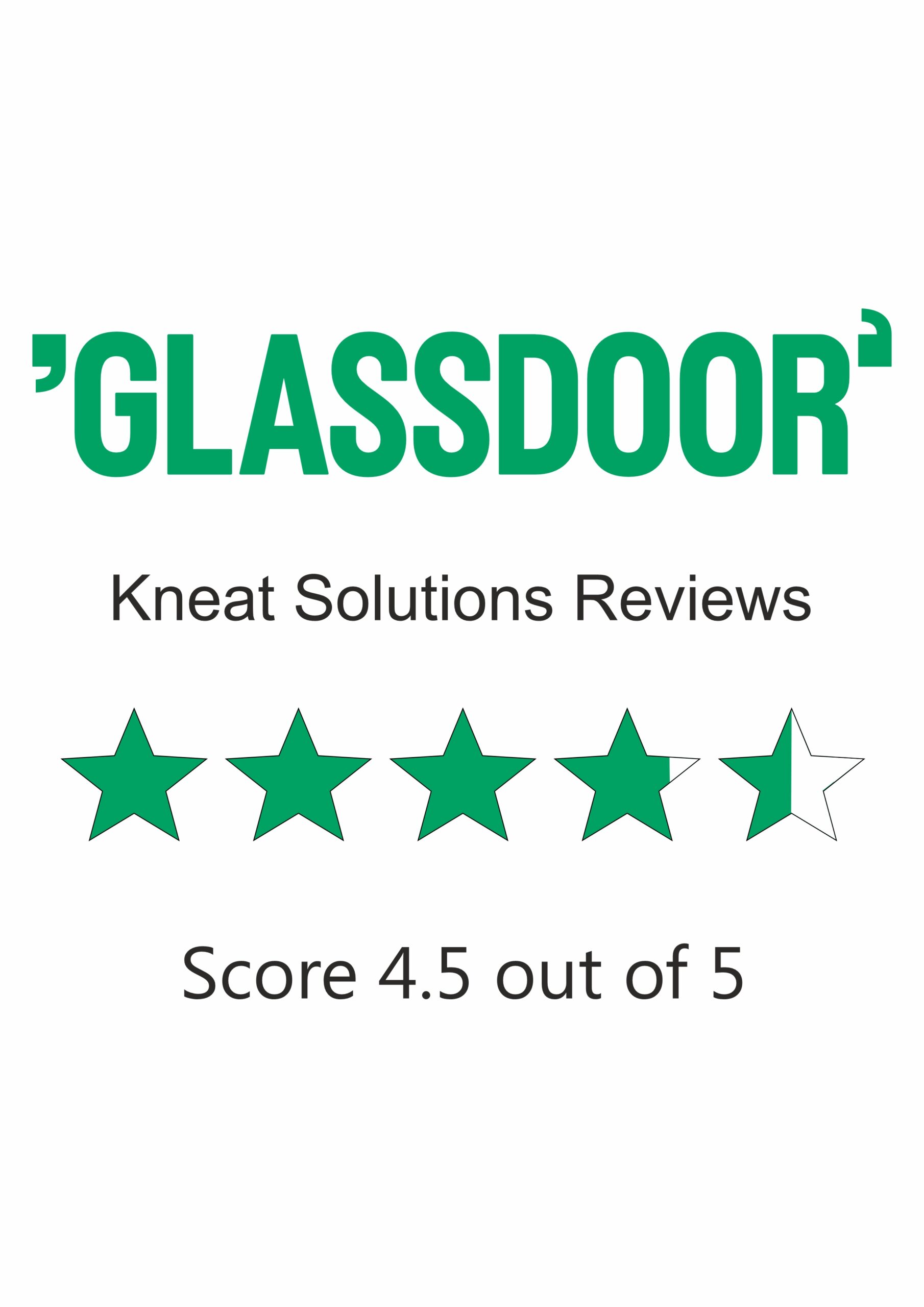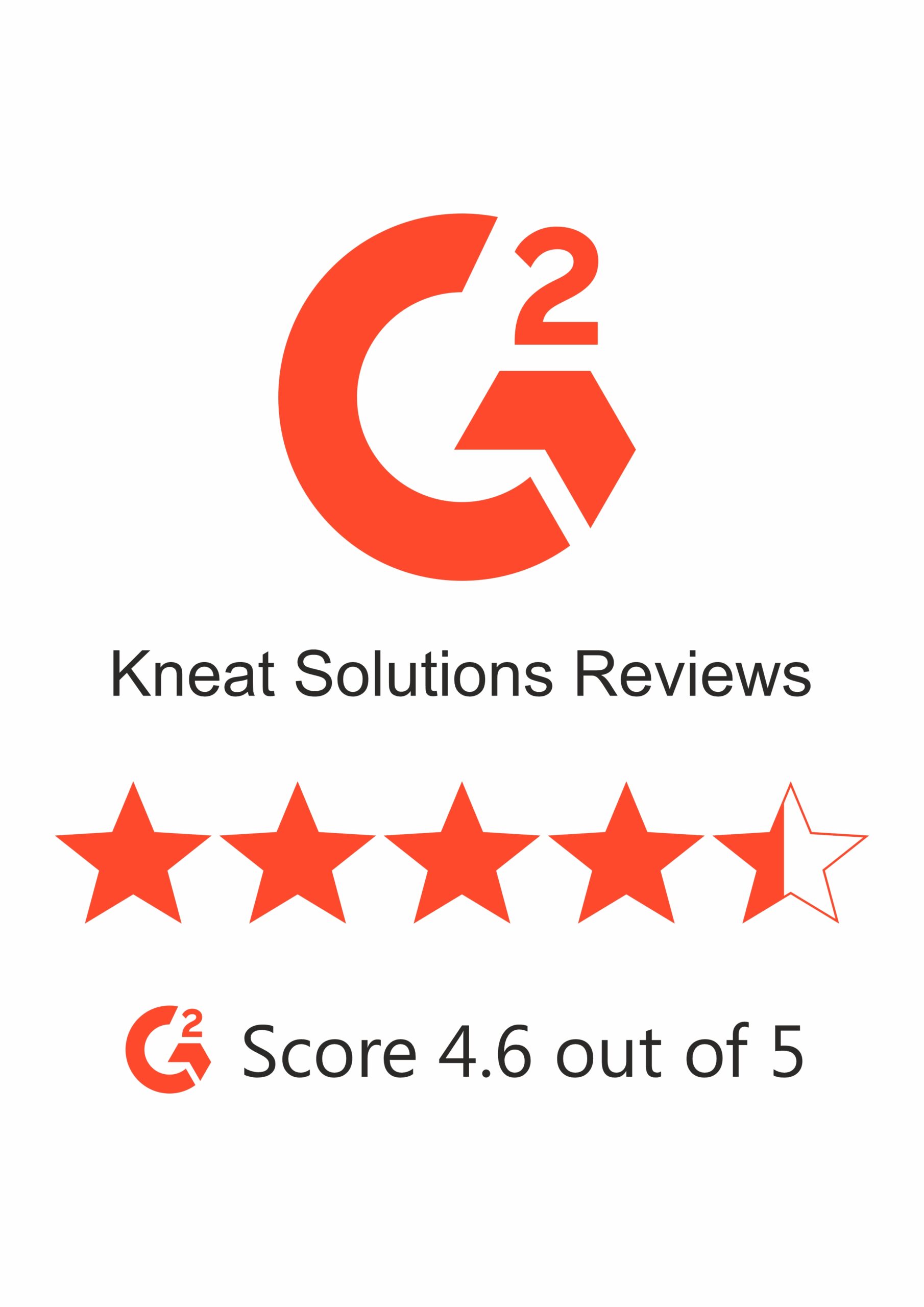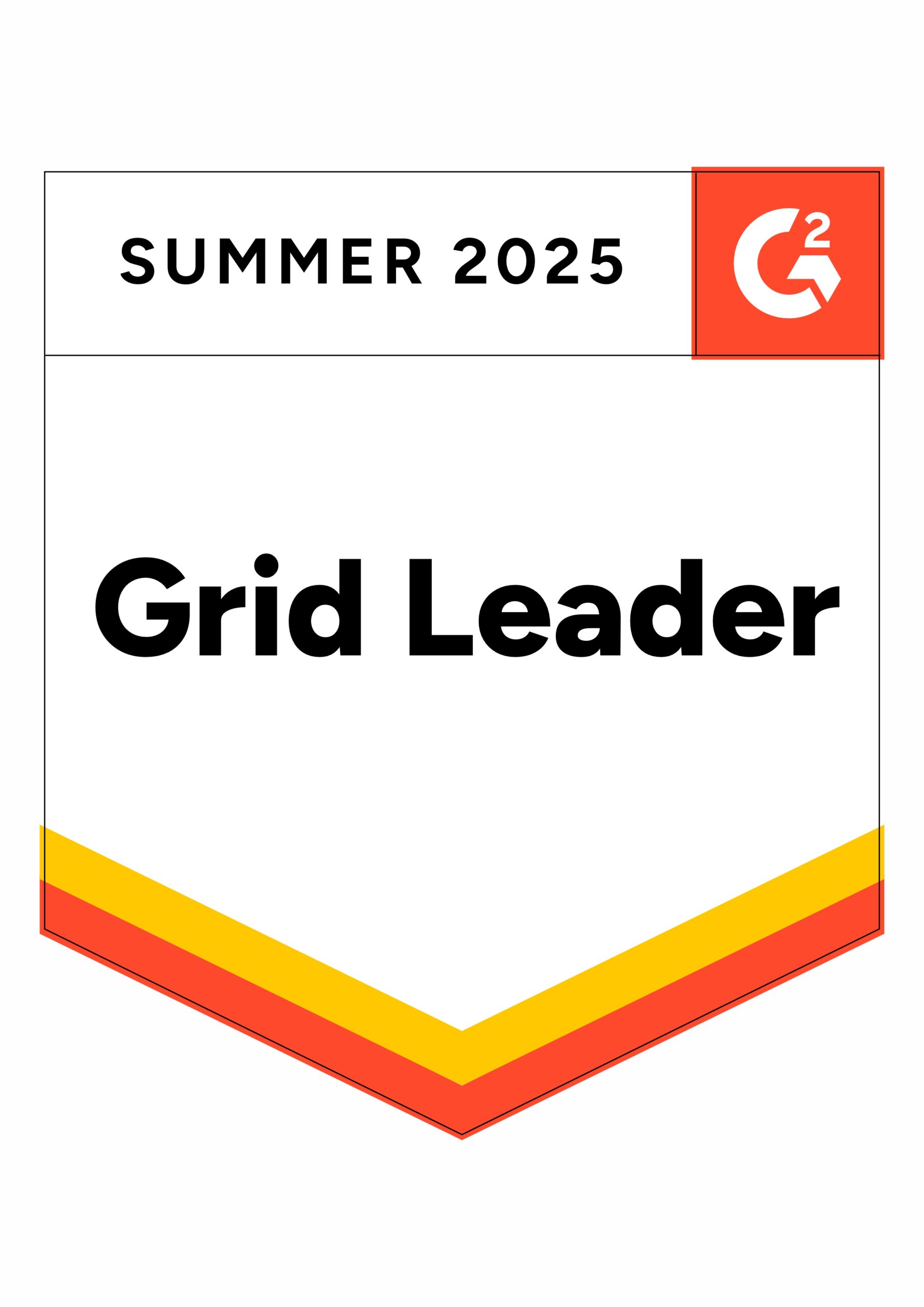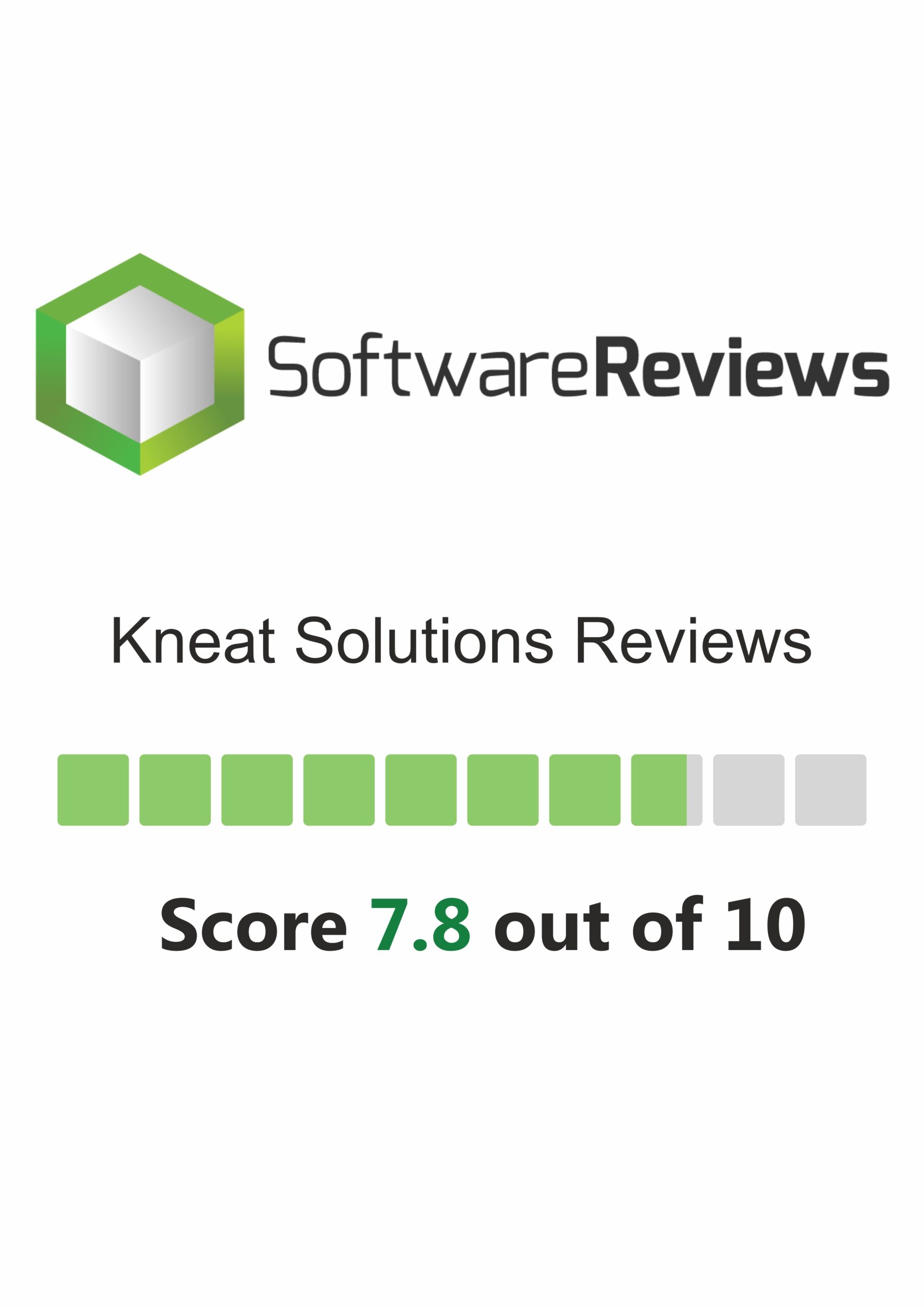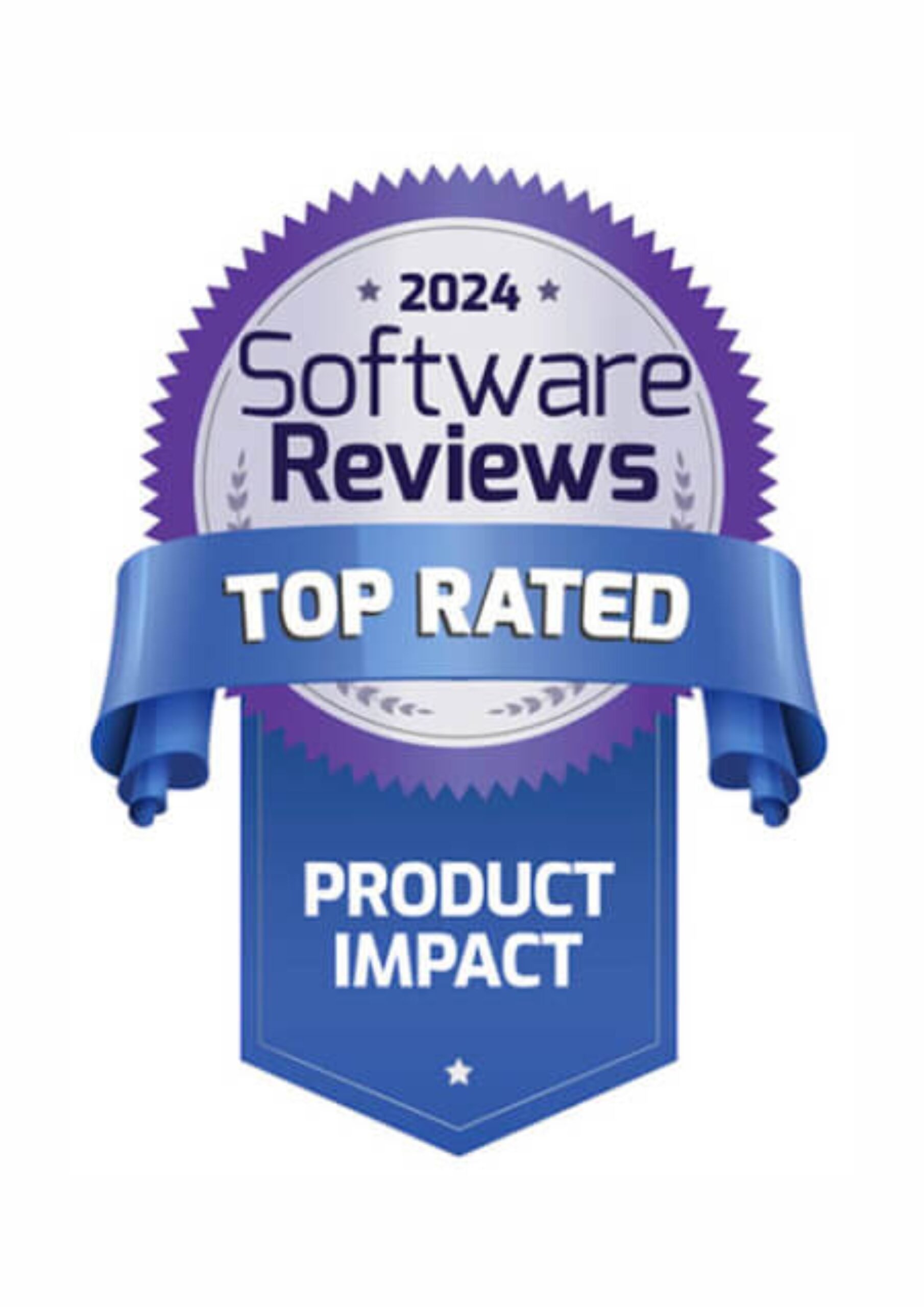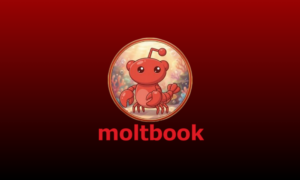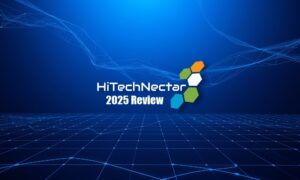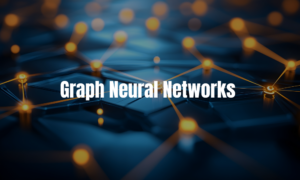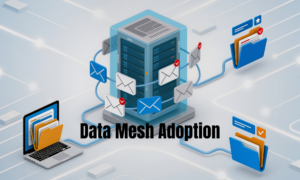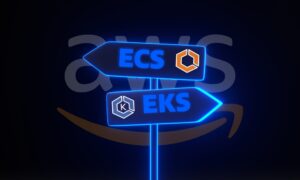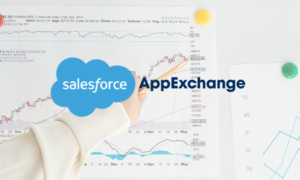Discover the latest innovations, tech practices, marketing trends, and more in our exclusive interview series, ExtraMile by HiTechNectar. In today’s spotlight session, we’re super thrilled to have a conversation with Eddie Ryan, Co-Founder and CEO of Kneat, the leader in digitizing validation for the life sciences sector.
Founded in Ireland in 2007, Kneat’s Gx counts Among Its Clients the Top 20 global pharmaceutical, biotech, medical device, and life sciences companies, which replace paper-based validation processes with a digital, no-code, and highly configurable platform.
Eddie, the Co-Founder and CEO of Kneat, is a true pioneer with over fifteen years of standout experience in design, production, pharmaceutical manufacturing, and the life sciences industry. Under his leadership, Kneat has achieved significant growth, from its inception to becoming the market leader in validation.
In this conversation, Ryan shares his journey, insights on life sciences innovation, Kneat’s unique advantages, and a standout balance between regulatory compliance and innovation!
Q1. From your early career background in pharmaceutical manufacturing companies to heading as the CEO for the past 19 years at Kneat, the journey has been phenomenal. What’s the biggest milestone during this big time that you’re truly proud of?
Eddie. While we have had several big moments over Kneat’s growth journey – deciding to take a risk to start a company, getting our first large customer, stepping up during COVID to exceed customers’ expectations – what I am most proud of is that we have built something that is loved by users and their leaders alike: validation teams love that it is easy to use, it makes their job less toilsome and the output better; leaders like that Kneat goes live on time, adds economic value almost immediately and delivers peace of mind when it comes to regulatory audits. So I would say that rather than a single standout moment, it really is the ongoing, consistent execution that our whole team is most proud of.
Q2. From your perspective, how has the life science sector evolved over the years? What are the most significant innovations you’ve observed? Can you highlight a few of them?
Eddie. There are many great things happening in the industry from genetic engineering through to AI drug discovery and personalized medicine. I’m closest to the digitization of course, and I think that shift to digital from paper – across life sciences, not just in validation – is completely transformative. Without digitization, automation is impossible and AI will not deliver value. The transfer of work processes from paper to digital is not glamourous, but without reliable digitization, the technology built on top of the data has little to limited value.
Q3. How does Kneat’s data validation solution consistently deliver data integrity, efficiency, and good business value at a global scale? Could you brief us on this?
Eddie. Kneat.com makes easy-to-use, no-code, highly configurable software that allows life science companies to digitize all their validation processes, their way. Kneat’s intelligent, data-centric documentation workflow process platform, Kneat Gx, replaces paper with real-time data capture, enabling companies to capture efficiencies and reduce risk while safely getting products to market faster, benefiting more patients sooner. Kneat focuses on data capture and data change complete with associated audit trails, ensuring that data integrity is front and center. Here are a few highlights from the multiple case studies of life sciences companies that have benefited from Kneat:
- Equipment changeover time was reduced by 85%
- Lifecycle time for the Validation of equipment commissioning and qualification was cut in half
- 46% of process steps were eliminated when moved to digital
- 65% reduction in labor hours and cost for commissioning and qualification
- Pre-execution approval time was reduced by 48%
- Post-execution approval time was reduced by 58%
Q4. What are the most significant risks in upscaling biotech processes from the lab to the manufacturing scale? How does validation assist in minimizing these risks?
Eddie. There are multiple risks, which is why validating the setup and operation of these systems is so important. Achieving confidence that all your processes and systems, when operating together, will consistently deliver quality and safe products to patients is mandatory. You’re mostly working with tiny forms of life that are hypersensitive to their environments. Maintaining all the conditions and inputs, things like temperature, atmosphere, nutrients, and pressure is much harder to ensure at larger scales. Validation of all the systems and processes ensures everything is controlled and that a quality product will consistently be produced. All validation test results must be captured, documented to a high standard, approved and available for regulatory audit for many years to come. That’s what validation is.
Q5. A big Congratulations on Kneat being in the spotlight of Deloitte EMEA Technology Fast 500! What sets Kneat’s offering unique and stands apart from others in the industry?
Eddie. Kneat is a zero-code platform for all your validation processes your way. To our knowledge we’re the only one with this mix of advantages. Other options in the space will either require custom builds (expensive, time consuming, challenging to maintain, and cumbersome to integrate), or will be a point solution for just a single part of the validation requirements, or will require you to adapt your process to their solution.
Q6. Change is indeed the need of the hour in today’s digital-first world! How does Kneat’s platform transform traditional paper-based validation into a fully digital, streamlined process for life sciences companies?
Eddie. We work side by side with companies to take what they’re doing today and we map it digitally on the Kneat Gx platform. What they’ve been doing on paper is now done on a tablet, offering real-time data capture, collaboration and visibility, and real-time availability of data requested by auditors for years to come.
Q7. What’s your take on customer feedback? How does it influence future enhancements in the company’s products and offerings?
Eddie. We have a customer advisory board that we connect with regularly and we keep them close on our roadmap. This intimacy gives us a close-up view of where and how we can add value to them going forward. Customers are very generous with their feedback, as they would like to use Kneat for more parts of their operations. We are grateful for the input because it gives us confidence that our roadmap is aligned with where they want to go. We’re the market leader by far in validation so right now we are working to consolidate that position first, after which we’ll bring to market ways that we address nearby adjacencies in life science as well. So as we build today to round out our validation offering, these same features we’re building are foundational to what we’ll do in other areas beyond validation that are still within quality and within life sciences. Just as today we are a zero-code platform for all your validation processes your way, we expect in the future to be a zero-code platform for many other data-intensive regulated processes, your way.
Q8. Lastly, Eddie, what are the key values important for leaders when navigating the trade-off between innovation and regulatory compliance? How important is it to maintain the right balance for long-term business success?
Eddie. Integrity is the most important value when it comes to maintaining the balance between innovation and regulatory compliance. Optimizing for the long-term means understanding your customer’s business and the changing regulatory and commercial landscape they operate in. Then being able to develop our quality solutions so that we are enabling them to reach their business goals.
Explore Our Other Insightful Interviews:
The Future of PSA: Top-Notch Insights from Kantata’s Chief Product Officer, Sarah Edwards


